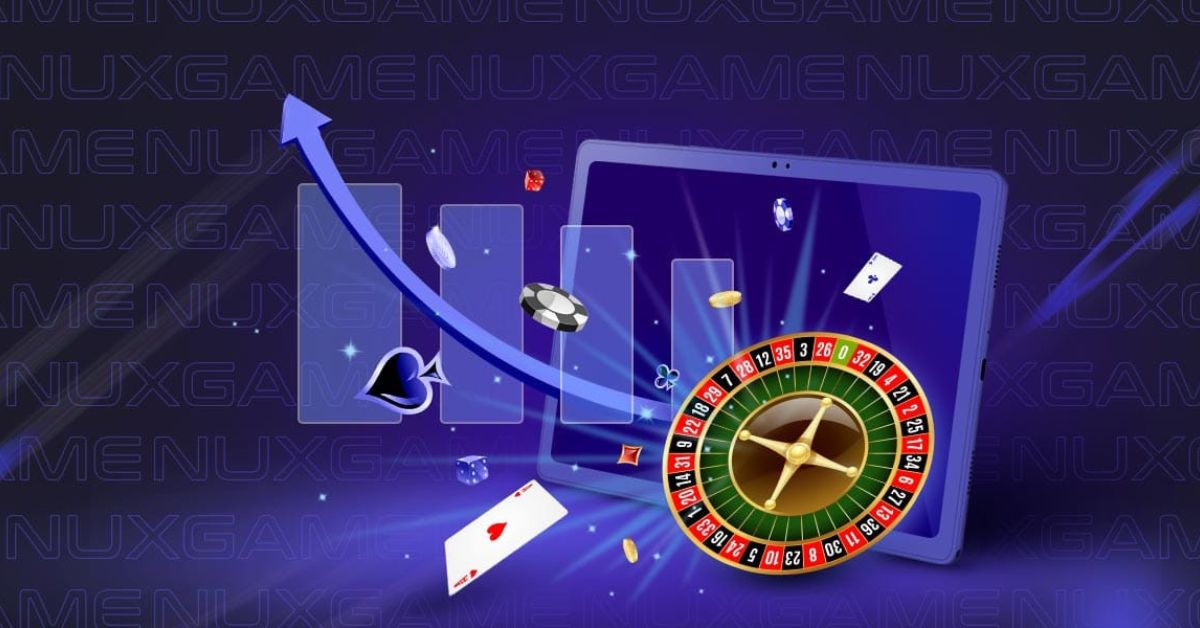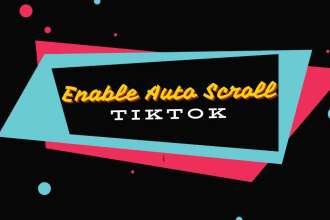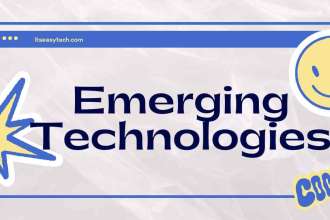Non-fungible tokens (NFTs) are secure, immutable, and transferable digital assets that gained enormous popularity within the last two years. They take on many forms in the blockchain, like art, gaming, real estate, and music. However, the prolonged crypto winter has adversely affected the NFT market and cast some aspersions on its future.
This article seeks to investigate the relevance of NFTs in the future and a few factors which may impact their growth.
Read: Top 6 NFT Influencers to Follow in 2023
The Future of NFTs in 2023
It is expected that there will be advancements and innovations in some areas of the NFT market, despite a decline.
Art
In 2023 artists, traditional art galleries, and auction houses will embrace NFTs. In addition, artists and buyers leverage NFTs to sell original pieces of art and buy unique art pieces. With NFTs, artists can market their work and receive future royalties on secondary trades. They may also store their digital tokens on one of the innovative wallets at https://blog.tezro.com/best-crypto-wallets-uk/.
NFTs will allow artists to sell their work directly to consumers, removing the need for intermediaries. Further, artists will be able to share their digital art globally and open new revenue streams.
Music
NFTs offer exclusive experiences to music fans, such as backstage passes, meet-and-greets, and private concerts. It creates unique and valuable means of engaging with celebrities and influential personalities. In 2023, we expect many artists to monetize their music by selling them as NFTs on blockchain networks.
It will offer improved means for musicians to earn royalties on future music sales. It will also enable a better music rights ownership representation, allowing fans to own bits of music history.
Gaming
The gaming industry and NFTs are highly interconnected. NFTs are unique, non-replicable in-game items that can be traded or sold within and outside a game’s universe. This year, more game developers will have opportunities to generate new revenue streams by selling exclusive and rare in-game items such as NFTs.
Gamers will use NFTs across games and platforms based on their interoperable nature. Thus, creating a more immersive and interwoven gaming experience.
Sports
NFTs are revolutionizing the sports industry by creating brilliant strategies to increase fan engagement, revenue generation, and memorabilia ownership. In addition to providing fans with new ways to interact with their favorite athletes and teams, NFTs will also provide fans with new ways to learn about their favorite teams.
Teams will also use NFT technology to encourage fans to support or create a sense of community. In addition, the sports industry may create more decentralized ways to utilize NFTs to represent tickets and access passes to sports events.
Real estate
NFT can make valuable collectibles as they can be sold as one-of-a-kind assets that grant exclusive property access. Buyers use NFTs technology to verify the authenticity of a property’s ownership. This year, real estate investors and sellers can sell limited edition NFTs that grant buyers exclusive access to properties or assets.
Investors may leverage NFTs ownership representation to foster the easy transfer of property ownership or reduce the need for traditional methods of title transfer. NFTs can create investment opportunities in real estate, allowing investors to purchase NFTs representing ownership shares in a property.
Read: The Future of Cryptocurrency Investment – Trends and Predictions
Factors that may Determine NFT Relevance in 2023
1. Adoption
Adopting non-fungible tokens in various sectors will determine how relevant the assets will be. For example, as the awareness of the potential benefits of NFTs increases among businesses and individuals, we anticipate a rise in their adoption and experimentation in the music, taking, and sports sectors.
2. Evolving standards
As the market evolves, new standards and regulations will emerge to create and sell NFTs. As a result, we will see increased standardization, simplifying making and buying NFTs for creators and buyers alike.
3. Environmental concerns
The ecological impact of blockchain networks is one potential obstacle to the development of NFTs. The amount of energy needed for blockchain transactions has long been a source of debate, and as the NFT market expands, this problem is expected to worsen. Therefore, the earlier blockchain networks replicate Ethereum’s efforts to lessen their ecological impact, the better.












